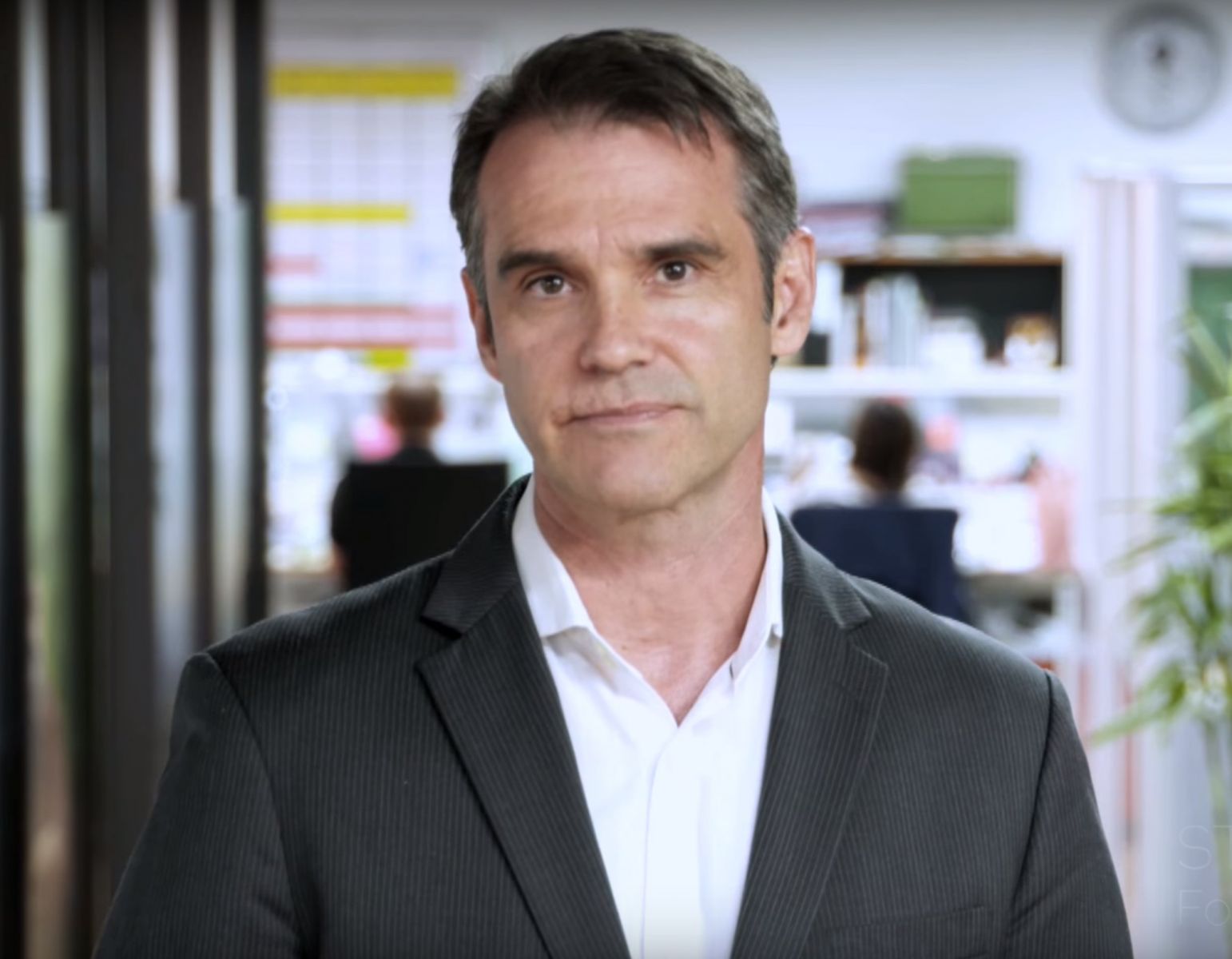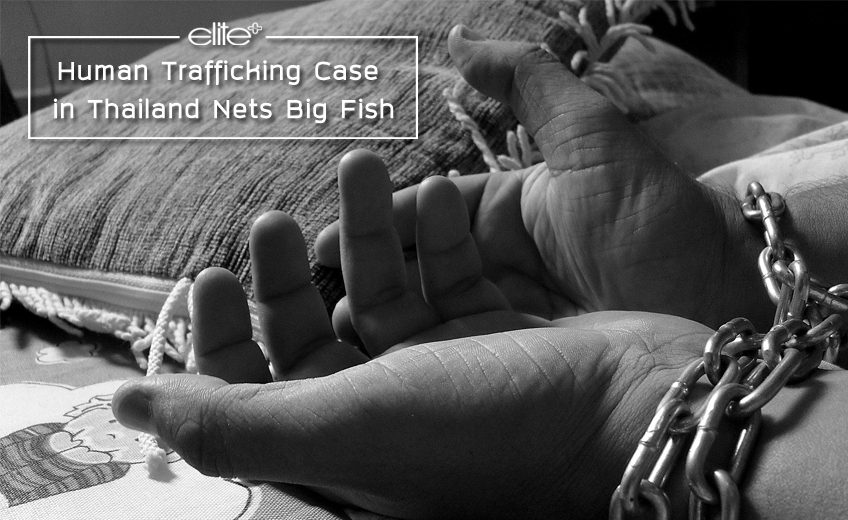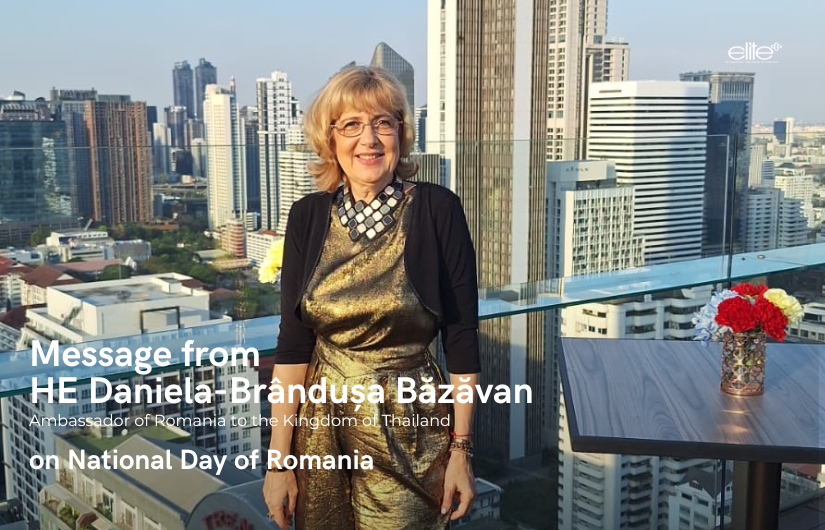The largest such case to ever take place in Thailand, the courts also convicted a number of provincial officials behind this smuggling ring after mass graves were found in southern Thailand filled th the corpses of Rohingya refugees, a stateless people who fled persecution in Bangladesh to live in Myanmar’s Rakhine state, where they faced equally harsh conditions and discrimination.
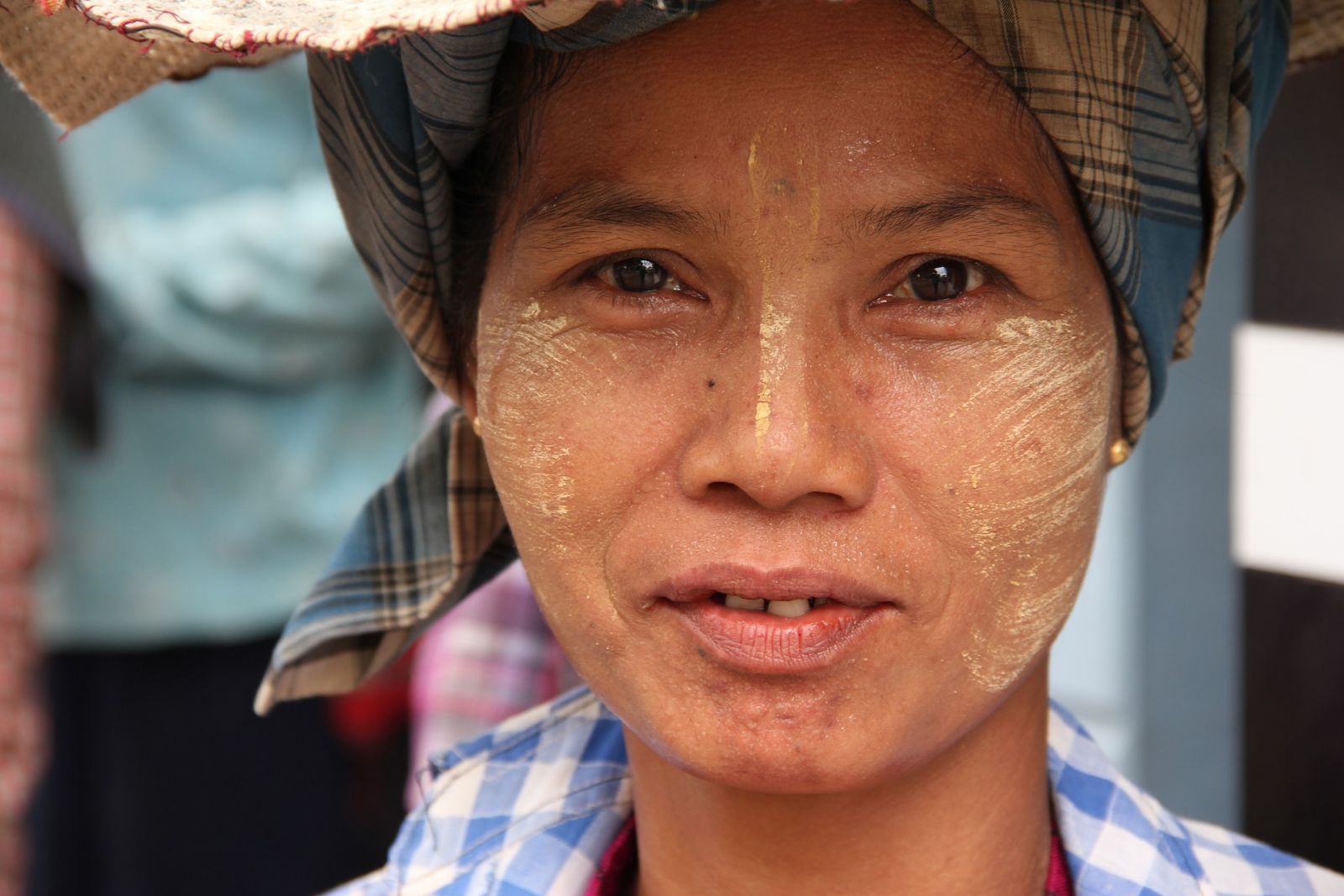
Fleeing Myanmar on boats to find sanctuary and employment in different parts of Southeast Asian, the Rohingya were caught in a dragnet of human trafficking that began operating back in 2012.
The recent court case began in earnest when Freeland, a Bangkok-based counter-trafficking organization, received a call after police stopped five trucks carrying a total of 98 people at a checkpoint in Nakhon Sri Thammarat province in January 2015. The NGO agreed to provide “digital forensics assistance”, which involved extracting and analyzing data found on the mobile phones of the drivers with the help of a high-tech platform called Cellebrite. After months of painstaking analysis, the investigators were able to piece together the smuggling routes and follow the money trail of bank transfers that implicated senior officials.
The data provided investigators with enough clues to pinpoint the camps where they discovered the inhuman conditions under which this Muslim minority group suffered. Once imprisoned in the camps, where they were caged in bamboo pens with barbed wires, the traffickers divided them into three groups. If they were young males in robust physical condition they were sold as fighters to an opposition party in Malaysia. The second group was sold as cheap labor for “slave fishing boats” or to toil on rubber and palm oil farms in Malaysia, whereas the third group included the very young and elderly, the sick and weak, who had to call their relatives back in Myanmar to pay ransoms or be killed.
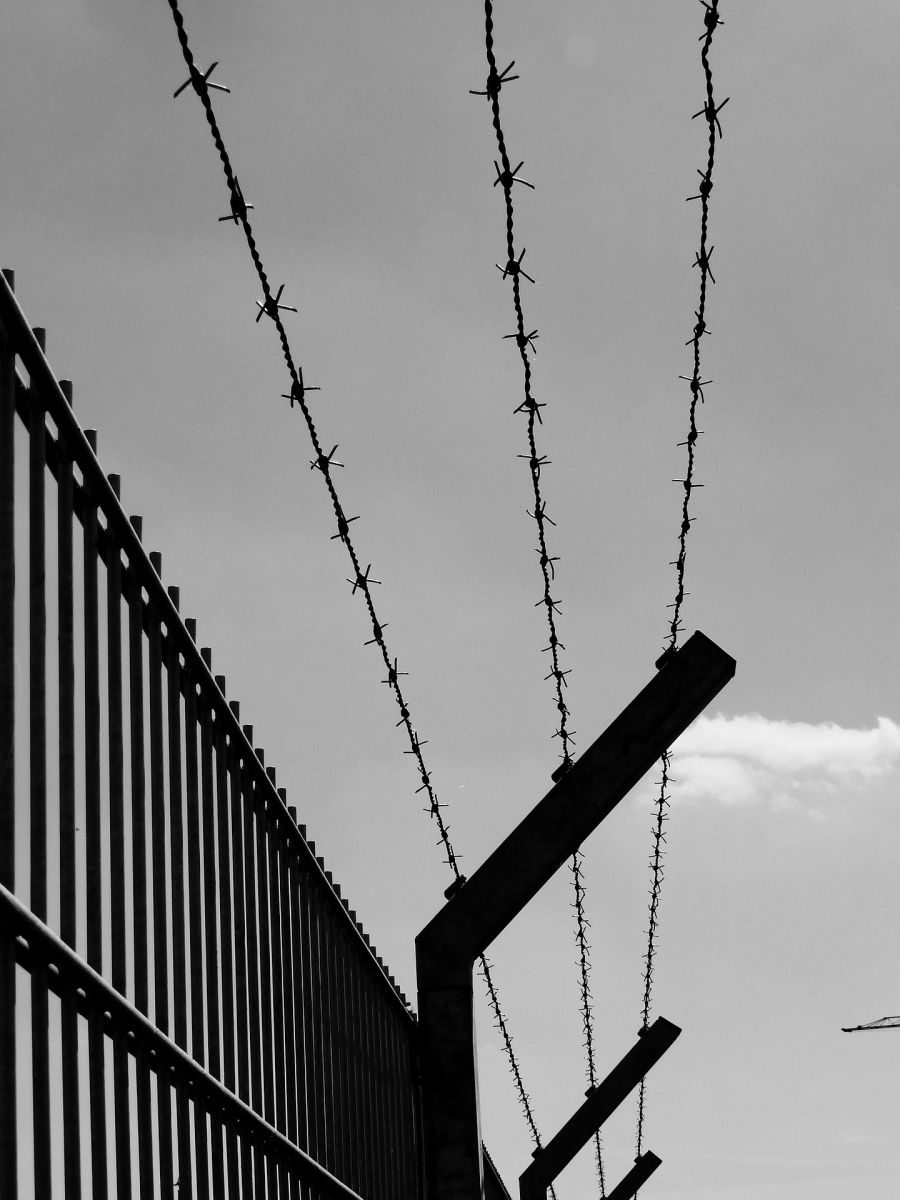
Subsisting on meager rations in the malarial jungle, many Rohingya died and were interred in makeshift graves found in southern Thailand and across the border in Malaysia. The brutality of the camps was backed up the charges leveled at the traffickers, including guards and drivers, of murder and attempted murder, beatings and coercion, ransom and possession of firearms.
Through the testimony of witnesses that included Rohingya held captive in the camps, the court heard how the blackmailers called their relatives in Myanmar to demand large sums of money for their release while torturing them. The verdict came only a month after the US state department decided to leave Thailand on the Tier 2 Watchlist – there are three tiers in the yearly Trafficking in Persons (TIP) Report – partly because of its claim that “corruption and official complicity in trafficking crimes continued to impede anti-trafficking efforts.”
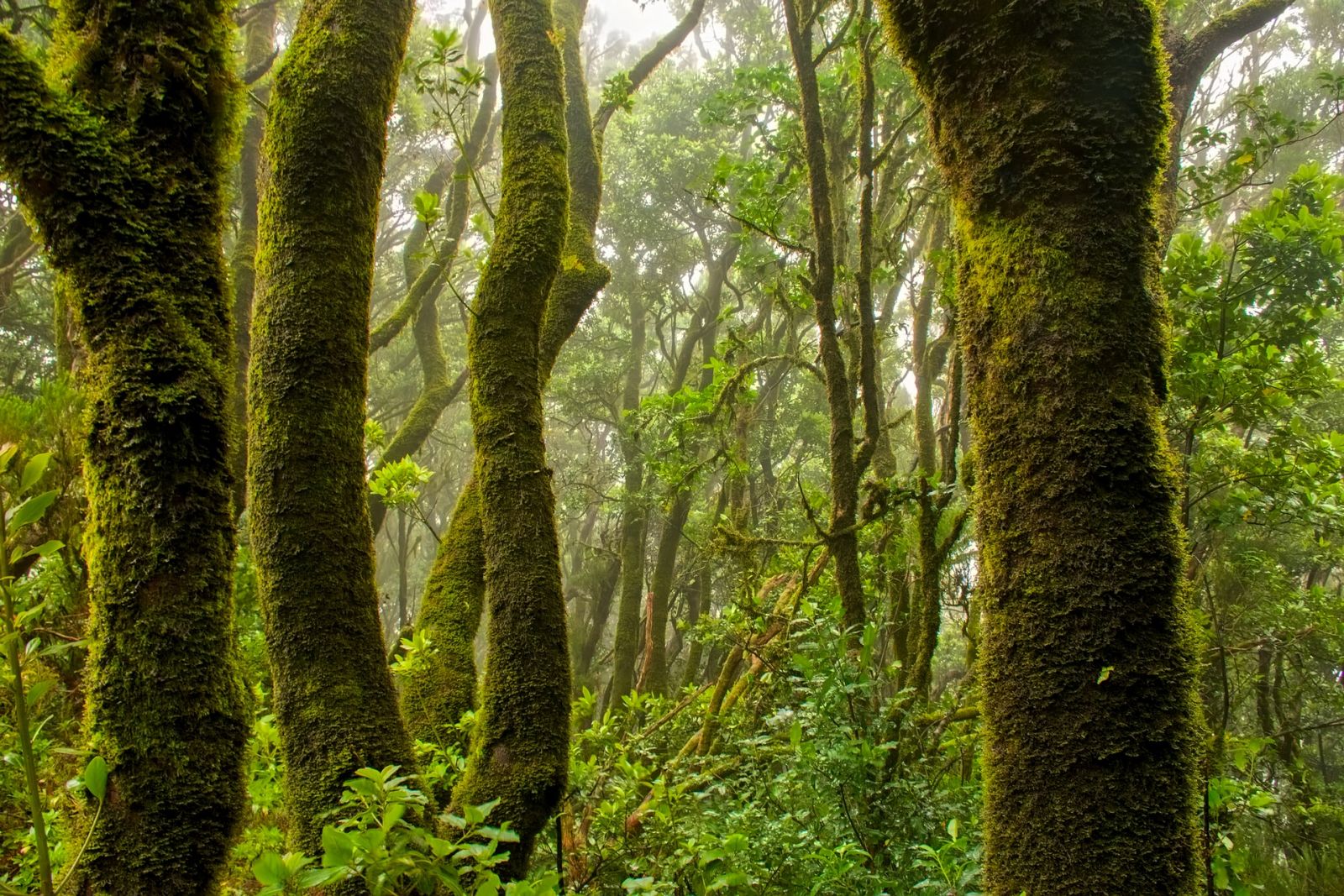
The Thai government’s hardline stance in the recent trial was lauded by activists like Sunai Phasuk, a senior researcher on Thailand at Human Rights Watch, who still believe that this is just the tip of the human trafficking iceberg in the country. He told Al Jazeera, “There needs to be more prosecution against traffickers as well as more work on rehabilitation of trafficking victims."
In a statement, Steve Galster, director of Freeland said, “The result of this case starts to challenge the assertion of the recent TIP report that Thailand has not done enough in prosecuting senior government officials. However, the Thai government must demonstrate that this is not just a one-off. In fact, it can become more business-as-usual enforcement.”
